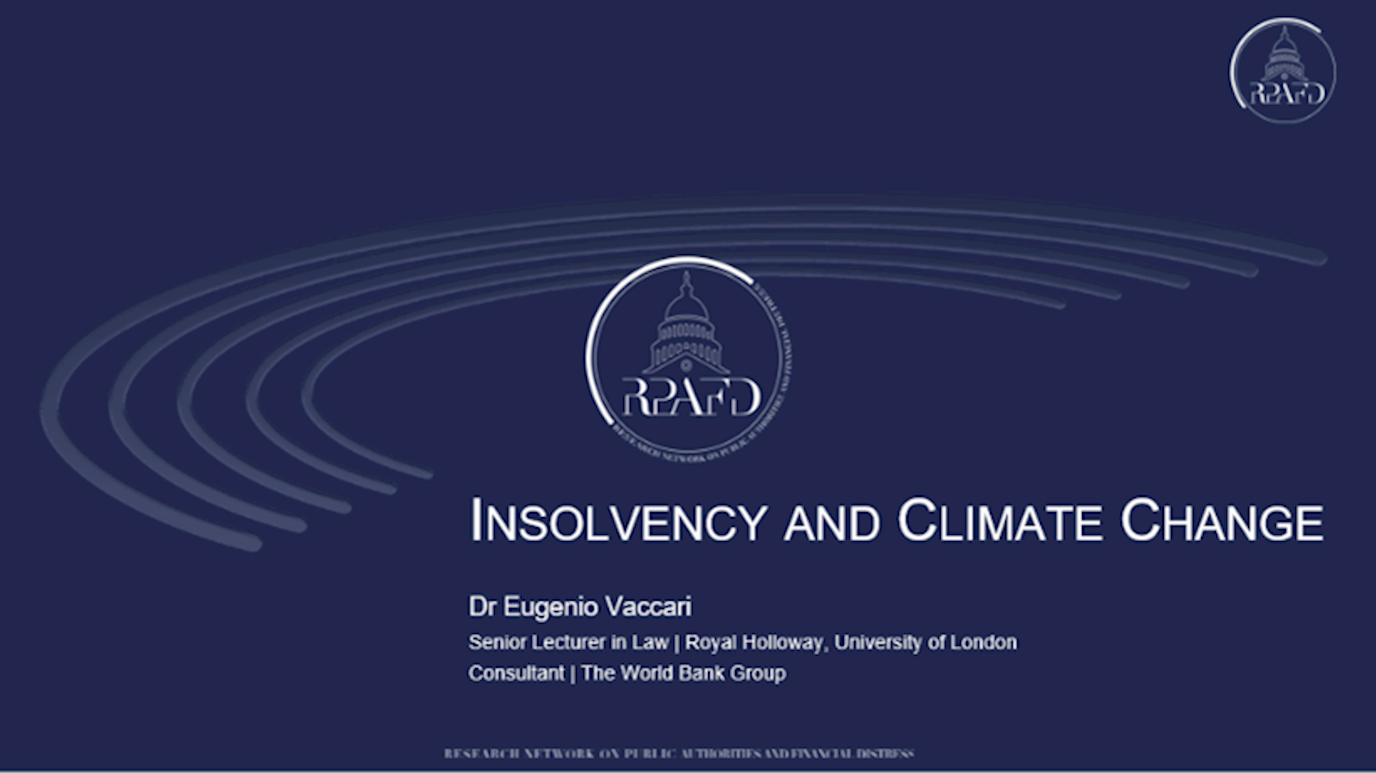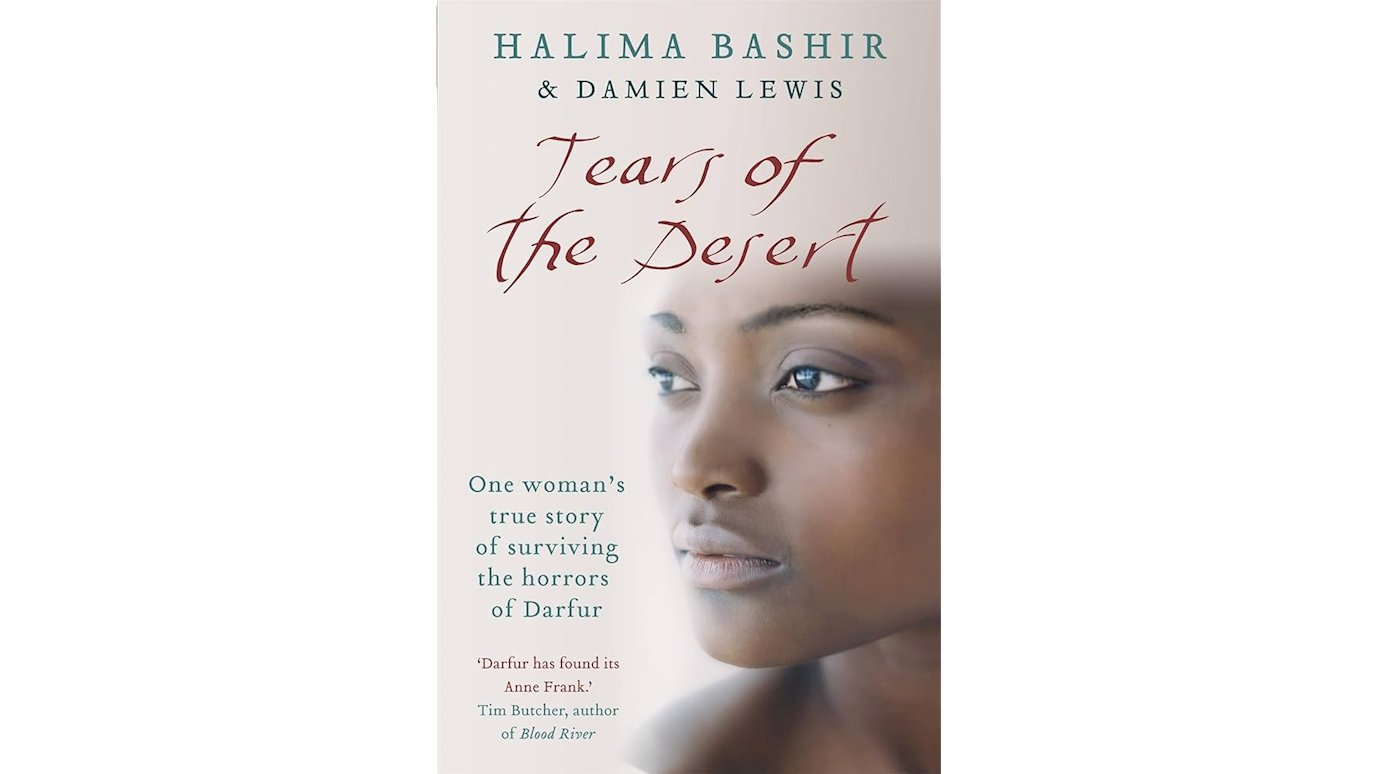Dr Matt Clement writes about the government response to climate protests.

Issues of justice and the application of the law are generally assumed to be the professional responsibility of the police and the judiciary – acting under the direction of government. But when acts of protest are actually about ‘unjust’ policing – as in the case of the Black Lives Matter (BLM) movement, or for ‘climate justice’ – they can often end up being policed in legally controversial ways.
As Matt Foot and Morag Livingstone report in Charged: How the police try to suppress protest, in 2019, the Metropolitan Police Commissioner Cressida Dick wrote to Home Secretary Priti Patel, stating: ‘In light of the challenge posed by this year’s Extinction Rebellion protests, there are opportunities for much-needed legislative change to update the Public order Act 1986.’ (p. 263) This, of course, led to the controversial bill which appears to have encouraged the police to more eagerly suppress protests via the aggressive use of horses at the London BLM march in 2020, and equally violent policing at several ‘Kill the Bill’ protests in Bristol in 2021. In the same year the Met carried out the notorious policing of the vigil for Sarah Everard on Clapham Common where many protestors were wrestled to the ground by the police, whilst in the act of paying their respects to a woman murdered by a serving officer.
Both Dick and Patel are now out of office, in part due to the controversies attached to this bill and related issues in policing and immigration policy. But their successors show little sign of changing tack. Home Secretary Suella Braverman is adamant in her support for the Rwanda deportation policy, and has this week instructed the police to ‘step up’ their prosecution of ‘Just stop oil’ climate protestors. Even before the latest M25 protests began, the Met tweeted they ‘have launched a significant, proactive policing operation to identify and arrest people we have strong reason to believe are intent on causing reckless and serious disruption to the public.’ One respondent pointed out ‘This sounds like 1) pre crime arrests, and 2) that you are spying on activists. You do know that protests are part of the democratic process and it’s your job to facilitate peaceful protest, even if disruptive??’
This does not seem to be the legal interpretation that either the government or the police are acting upon. At least four Just stop oil protestors were pre-emptively arrested on Sunday 6th November. Another Just stop oil protestor was arrested simply for attending the anti-austerity People’s Assembly demonstration on 5th November. The two climate activists who climbed the Queen Elizabeth Bridge on the M25 are in jail, denied bail. This trend to deny bail is customary practice and appears to be vindicative. There is a new public order bill currently on its second reading in the House of Lords which appears designed to target climate protestors, although of course it may then be used to place further limits upon other acts of civil protest or industrial action.
The repression of legal avenues for dissent often appears as a ‘solution’ to governments determined not to listen. It has historically often proven to e one of the most effective ‘drivers towards radicalisation’ – channelling protest into more militant directions that may ultimately prove impossible to suppress.
Matt Clement lectures Criminology at Royal Holloway. He is the author of A Peoples History of Riots, Protest and the Law (2016), and the editor of the forthcoming No Justice, No Police? The politics of protest and social change (2023).
























